HACCP cleaning standards chemical manufacturing are critical to protecting product integrity, worker safety, and regulatory compliance.
At SCS Group, we deliver HACCP-compliant cleaning programs tailored for chemical and pharmaceutical facilities across Australia, supported by our triple ISO accreditation, Smart Connect reporting portal, and highly trained national teams.
What are the HACCP cleaning standards?
Hazard Analysis and Critical Control Points (HACCP) is a systematic risk-management approach designed to prevent contamination. While cleaning and disinfection are not typically Critical Control Points, they are mandatory prerequisite programs (PRPs) that underpin every HACCP plan.
A compliant cleaning program must document:
- All areas and equipment to be cleaned
- The cleaning methods and validated procedures
- Approved chemicals, concentrations, and contact times
- Cleaning frequencies and schedules
- Verification records such as ATP/protein testing and inspection logs
| Read Related: HACCP Compliant Cleaning Available Across Australia |
In Australia, HACCP programs are supported by FSANZ Food Safety Standard 3.2.2, which requires premises and equipment to be kept “clean and sanitary”. The 2023 Codex HACCP update also emphasises allergen cross-contamination controls and traceability, reinforcing the importance of robust sanitation.
SCS Group ensures compliance with these obligations through our triple ISO certification (9001 Quality, 45001 Safety, 14001 Environment), scheduled audits, and 24/7 transparency via our Smart Connect portal.
HACCP cleaning in chemical manufacturing
For chemical manufacturing sites – especially those producing food-grade inputs or operating near food facilities – HACCP-aligned cleaning is essential. Cleaning prevents residues and cross-contamination between batches, ensures validated dilution and contact times, and maintains compliance records for auditors.
Key controls include:
- Zoning and colour-coding to prevent cross-contamination
- Documented SSOPs (sanitation standard operating procedures) with frequency, method, and verification steps
- MSDS/SDS handling and chemical inventory control
- Teardown and washdown protocols for mixing, filling, or packaging lines
- Verification testing using ATP or protein swabs where appropriate
With more than 1800 sites serviced daily, SCS Group brings both scale and local expertise. Our trained personnel deliver chemical hygiene programs supported by live audits and a proven national surge workforce.
HACCP cleaning in pharmaceutical manufacturing
Pharmaceutical facilities operate under Good Manufacturing Practice (GMP), regulated in Australia through the TGA’s adoption of the PIC/S Guide to GMP. While HACCP principles apply, cleaning in pharma must also be validated to prove effectiveness in preventing carryover residues and cross-contamination.
Typical requirements include:
- Validated cleaning procedures for each product and equipment type
- Approved detergents and disinfectants with specified dilutions/contact times
- Detailed logbooks and records for every cleaning cycle
- Verification and change-over cleaning between batches
- Segregated tools and controlled storage
Pharmaceutical cleaning checklist:
- Validated procedures
- Approved, documented chemicals
- Correct dilutions & contact times
- Defined cleaning frequencies
- Verification & record-keeping
- Non-conformance corrections
SCS Group’s HACCP-compliant cleaning aligns with GMP expectations. Our Smart Connect portal provides evidence-based reporting for supplier audits, while our ISO-certified systems and trained staff ensure consistent, safe, and transparent outcomes.
| Read Related: Compliance – Often sought be seldom embraced in reality! |
Why partner with SCS Group?
For over 15 years, SCS Group has been a trusted national partner across regulated industries.
Our co-designed cleaning schedules, specialist teams, and technology-enabled compliance tools make it easier for chemical and pharmaceutical sites to meet HACCP and GMP obligations, while maintaining safe, audit-ready facilities every day.
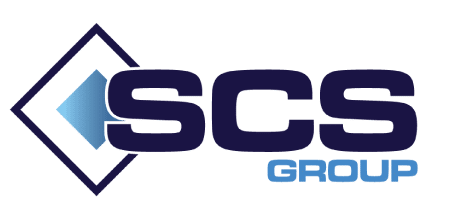
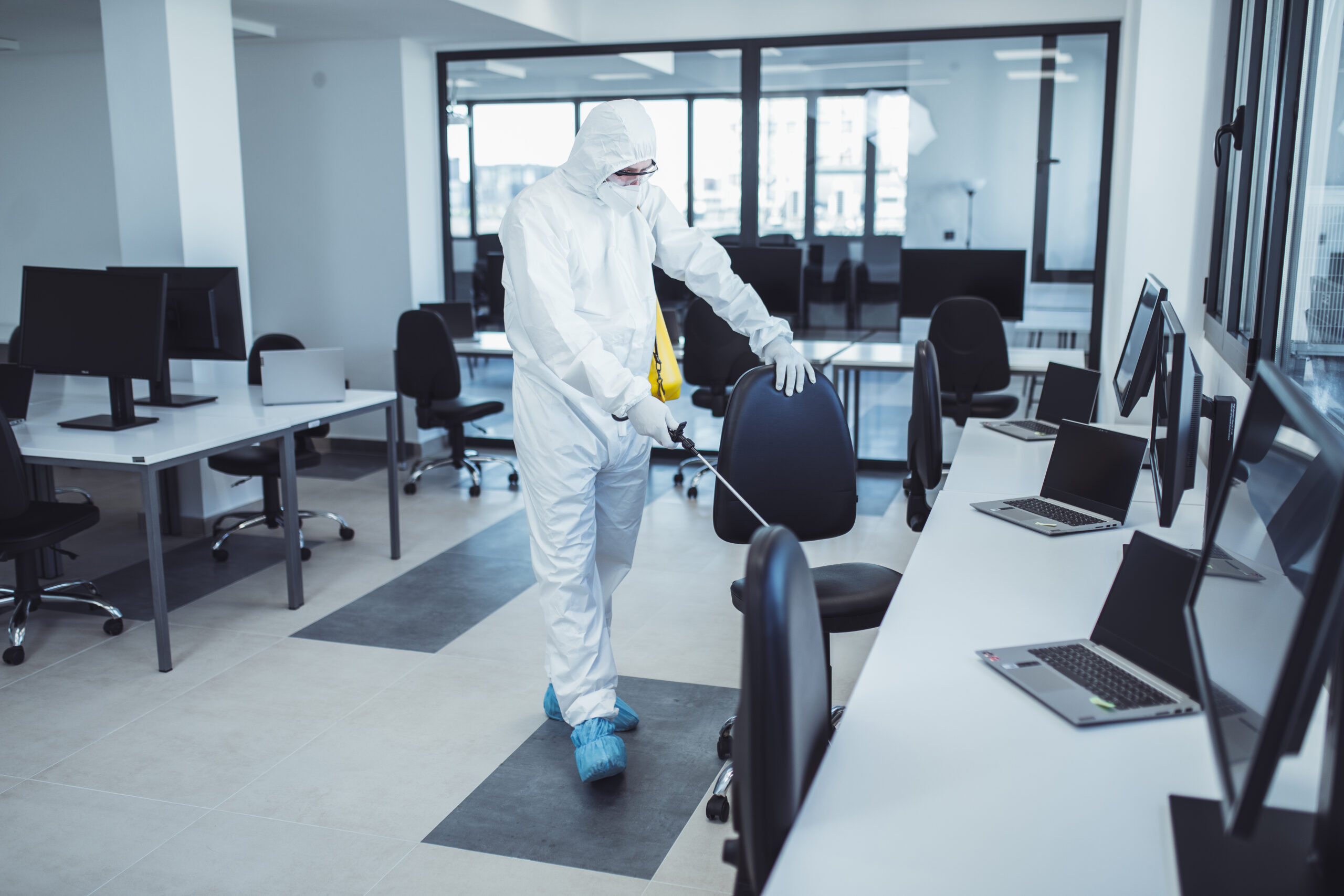
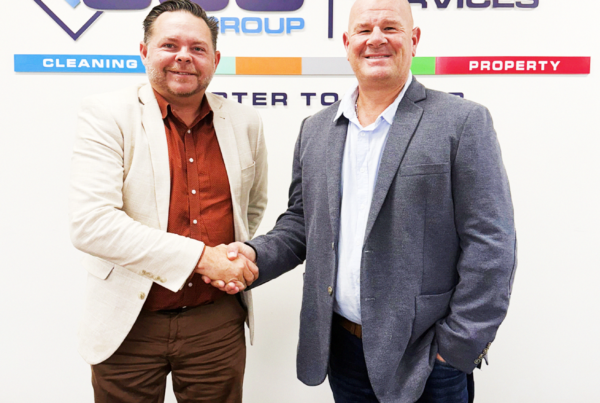
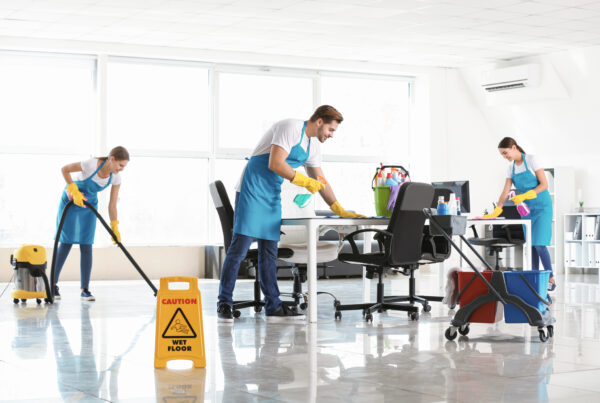
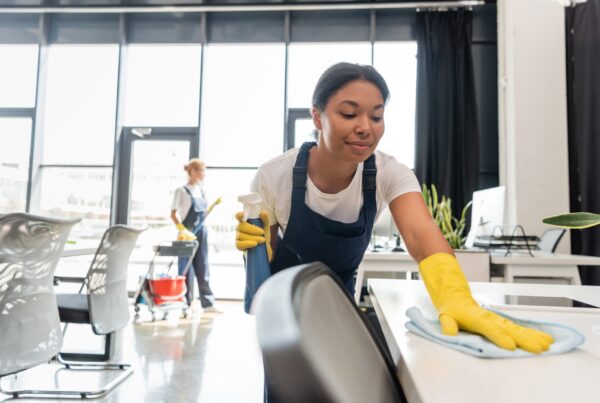


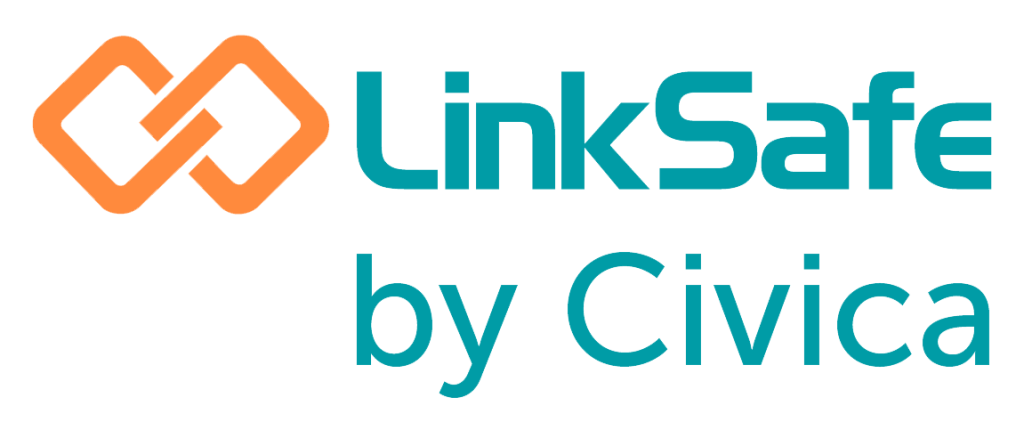
Excellent overview of HACCP cleaning standards and how strict sanitation protocols protect product integrity and safety in chemical and pharmaceutical facilities. For businesses in the U.S. looking to maintain high hygiene standards, professional commercial house cleaning services in Ocala, commercial cleaning in Ocala FL, and commercial cleaning Ocala FL are just as essential for preventing contamination and ensuring a safe work environment. Experienced commercial cleaning services Ocala FL, commercial cleaning Ocala, and commercial cleaning services in Ocala help companies meet regulatory expectations and maintain clean, efficient facilities. When paired with commercial lawn care cleaning in Ocala Florida, these services help businesses create a fully clean and professional environment inside and out.